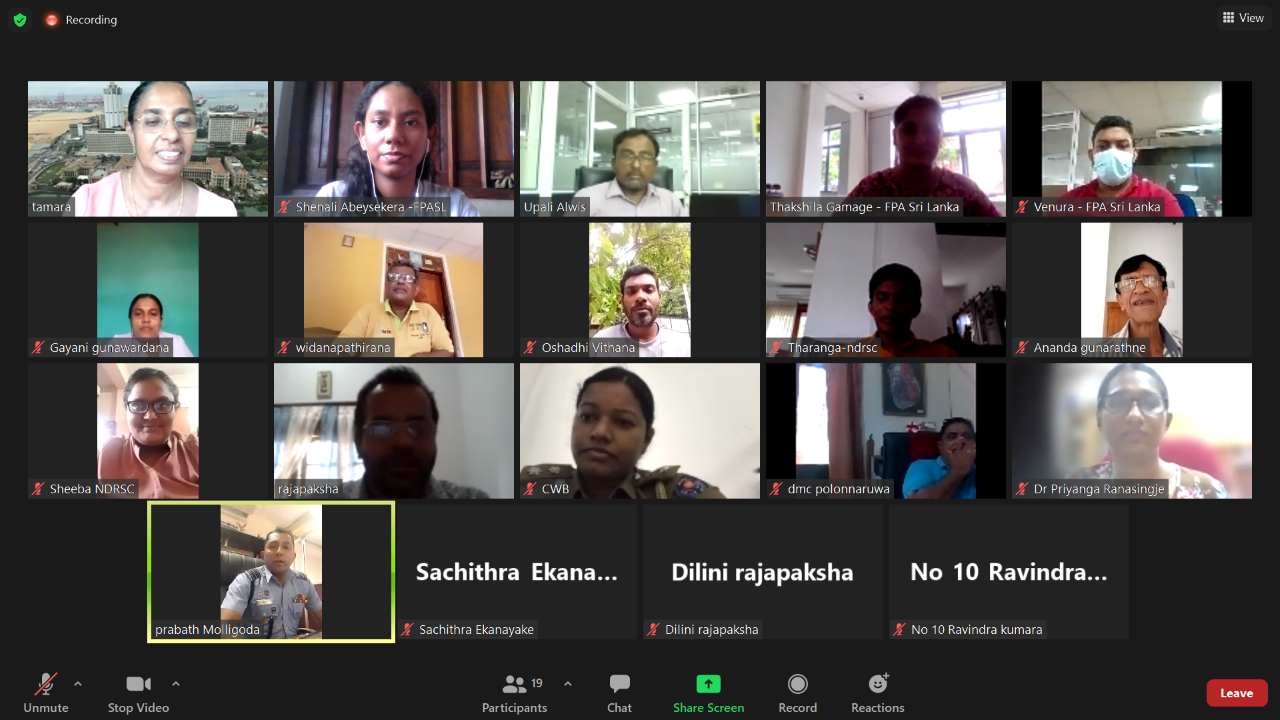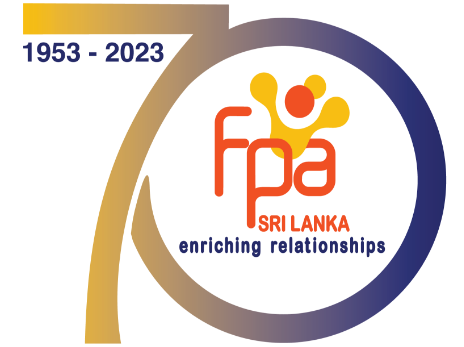Integrating Sexual and Reproductive Health (SRH) into disaster risk management policies and plans

Consultative meeting to implement SRH services in Drought Management
A meeting was organized to initiate a dialogue on identifying SRH needs and thereafter the implementation process for communities identified to be at risk during a drought.
The districts identified to be affected are Polonnaruwa, Hambantota, Monaragala, Kilinochchi and Mannar. During a drought season, primarily women and younger girls have to travel on foot to seek water causing an increased risk of sexual violence and unintended pregnancies.
The consultative meeting discussed ways in which SRH services can be implemented into drought management and the need for the development of innovative methods to overcome identified issues related to SRH when implementing the Minimum Initial Service Package (MISP).
MISP is a set of life-saving activities to be implemented at the onset of every humanitarian crisis. It is an internationally accepted minimum standard of care for reproductive health, pioneered and rolled out by IPPF.
Some of the objectives of the MISP:
● Ensure the health sector/ cluster identifies an organization to lead the implementation of the MISP
● Prevent Sexual Violence and Respond to the Needs of Survivors
● Prevent Transmission of and Reduce Mortality and Morbidity from HIV and other STIs
● Prevent Excess Maternal and Newborn Morbidity and Mortality
● Prevent unintended pregnancies
Participants included representatives from the Disaster Management Centre, National Water Supply & Drainage Board, National Disaster Relief Services Centre, Ministry of Health, Children and Women’s Bureau and District Disaster Management Coordinating Units.
The SPRINT project is conducted under the purview of the FPA’s Outreach Unit. It is at the forefront of addressing SRH needs and gaps and the humanitarian activities carried out by the Ministry of Disaster Management, National Disaster Relief Services Centre and the Ministry of Health. The SPRINT project works closely with the Disaster Management Centre.
.png)


